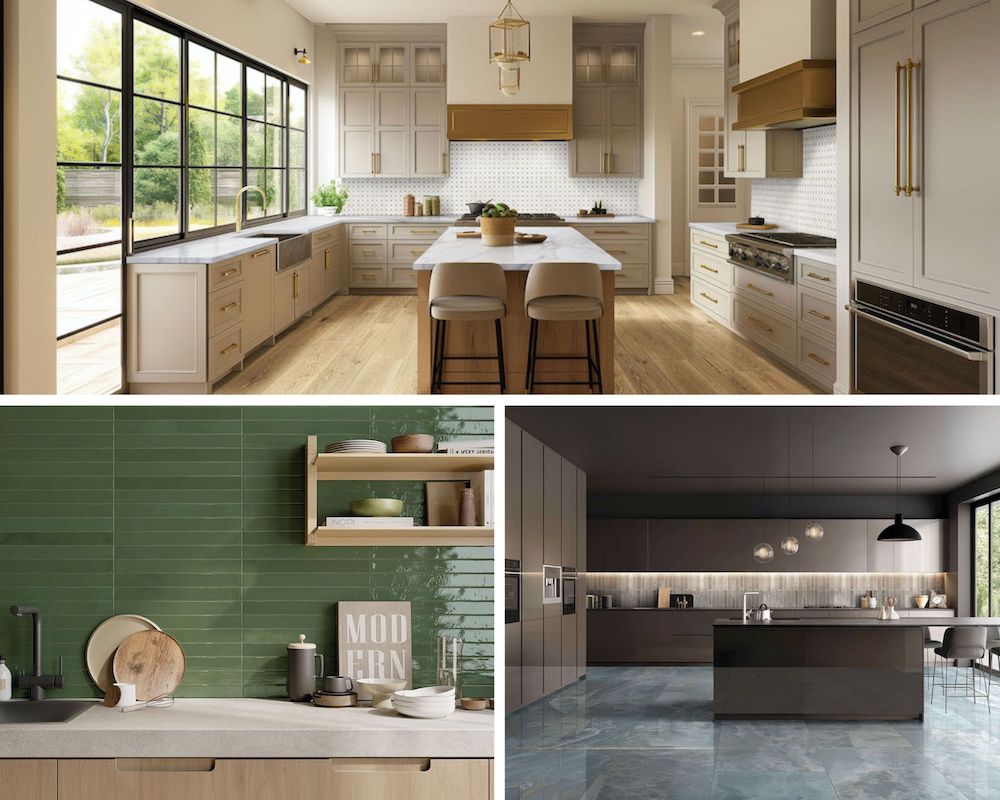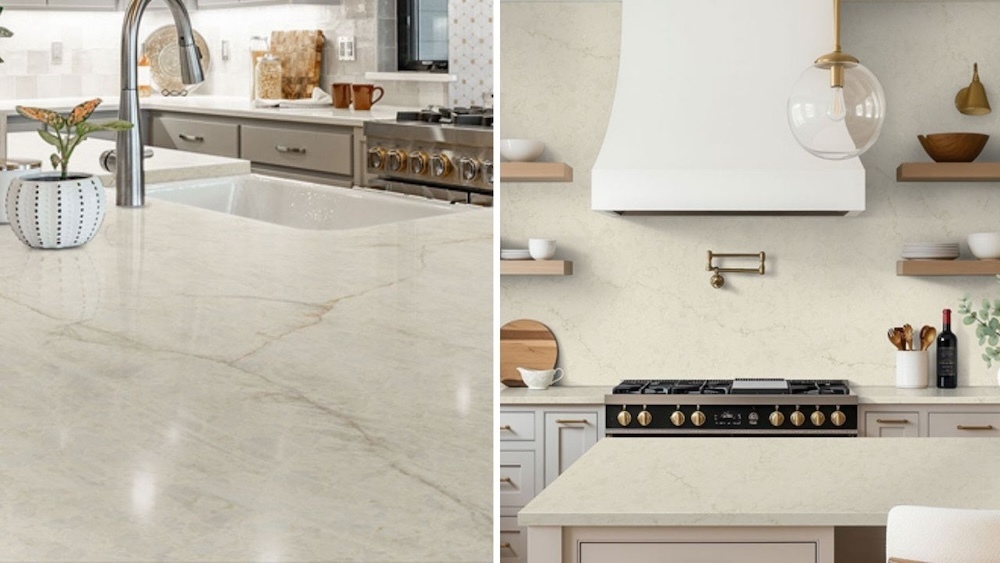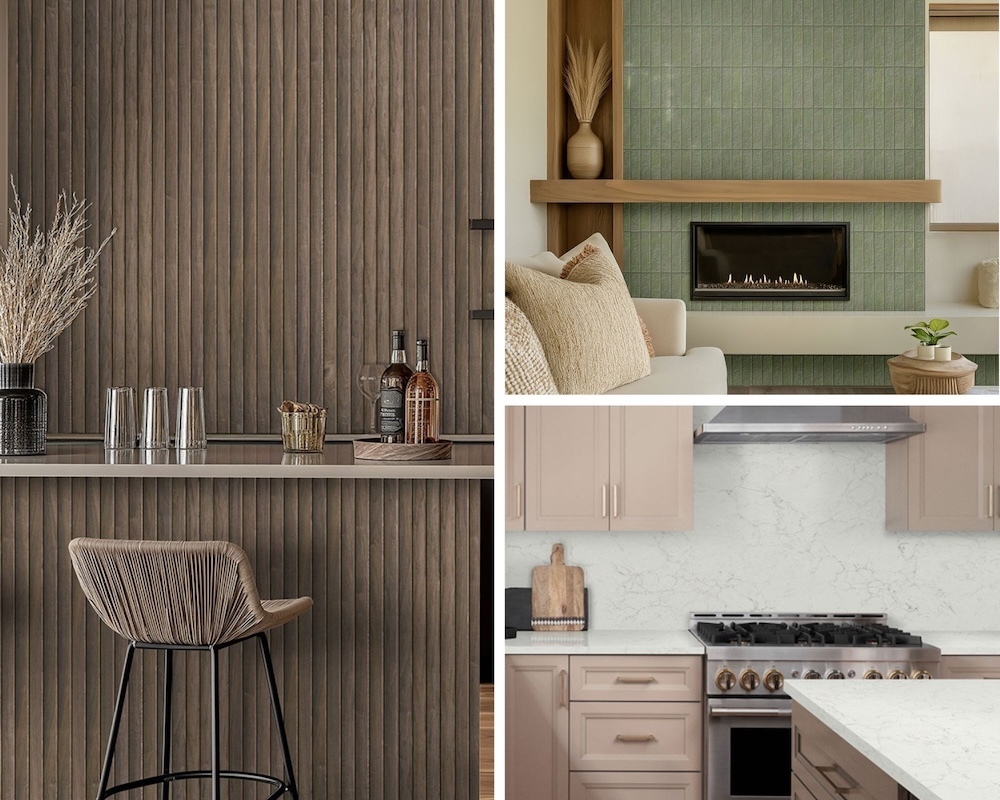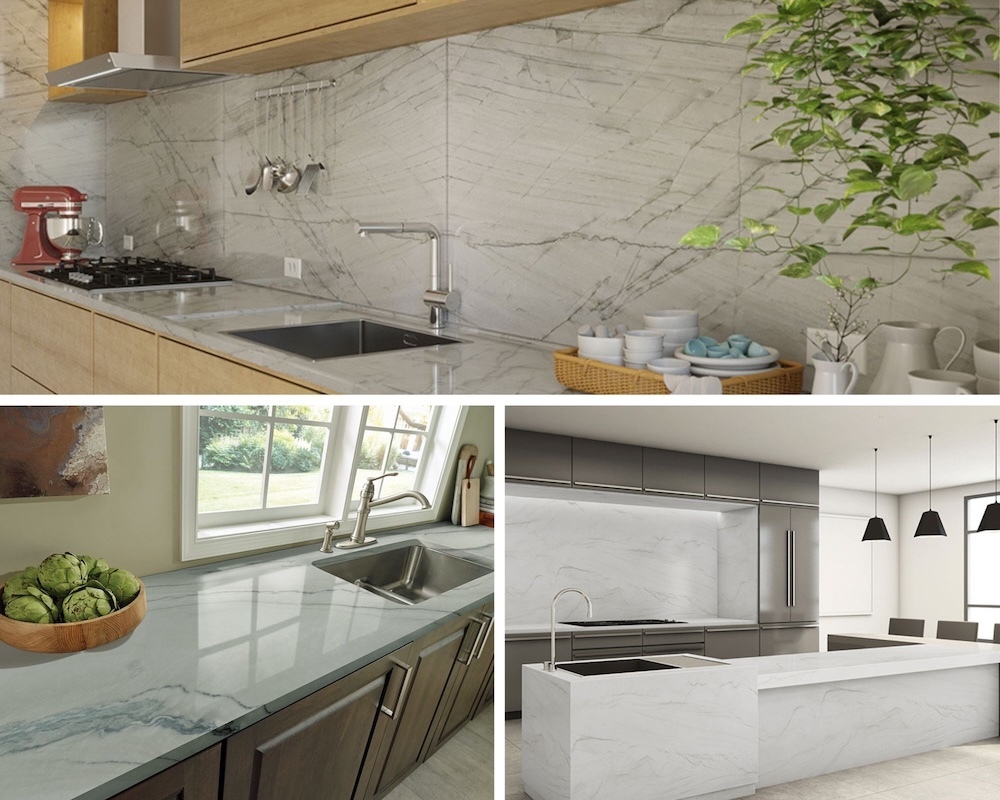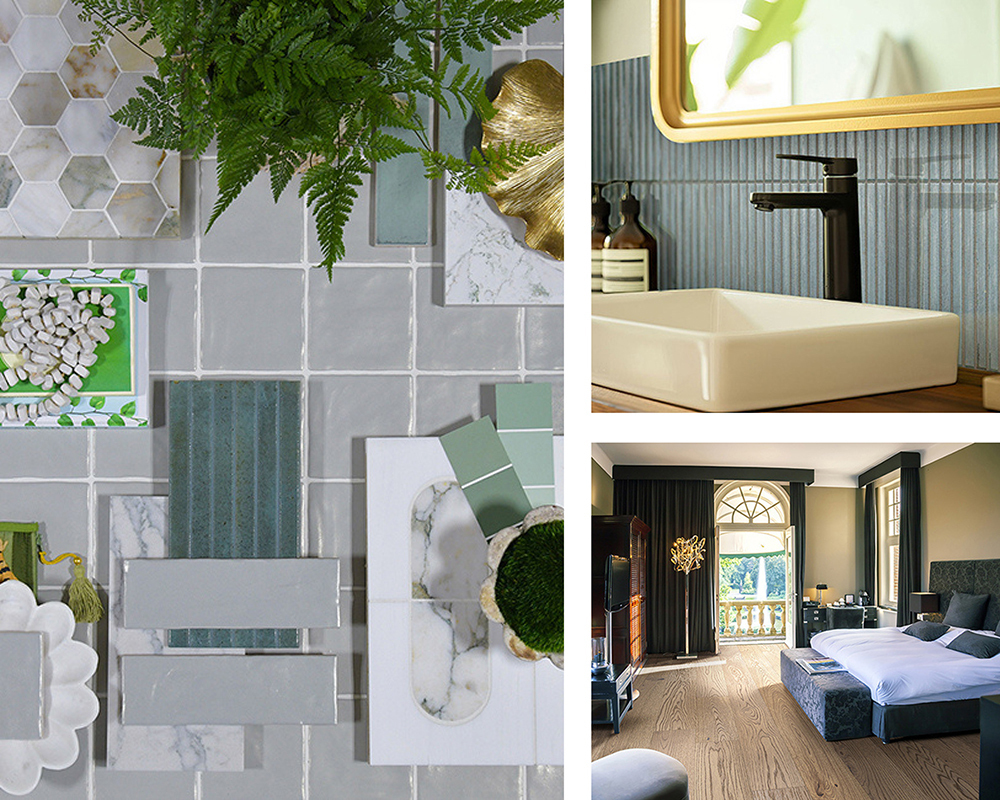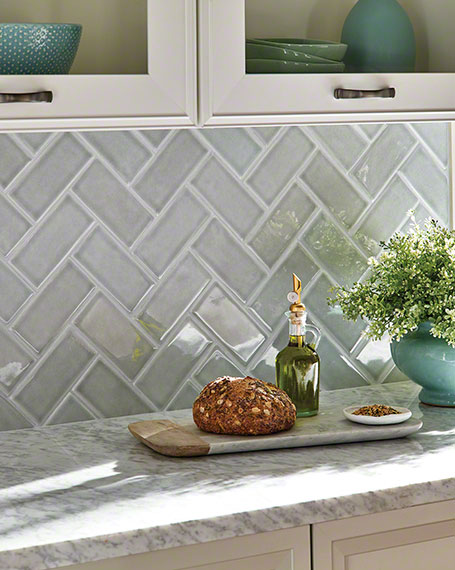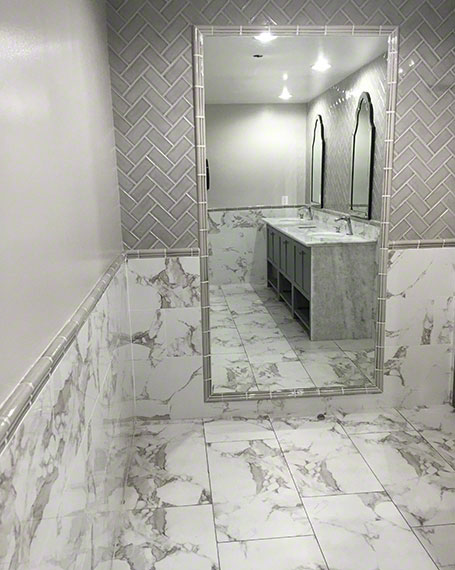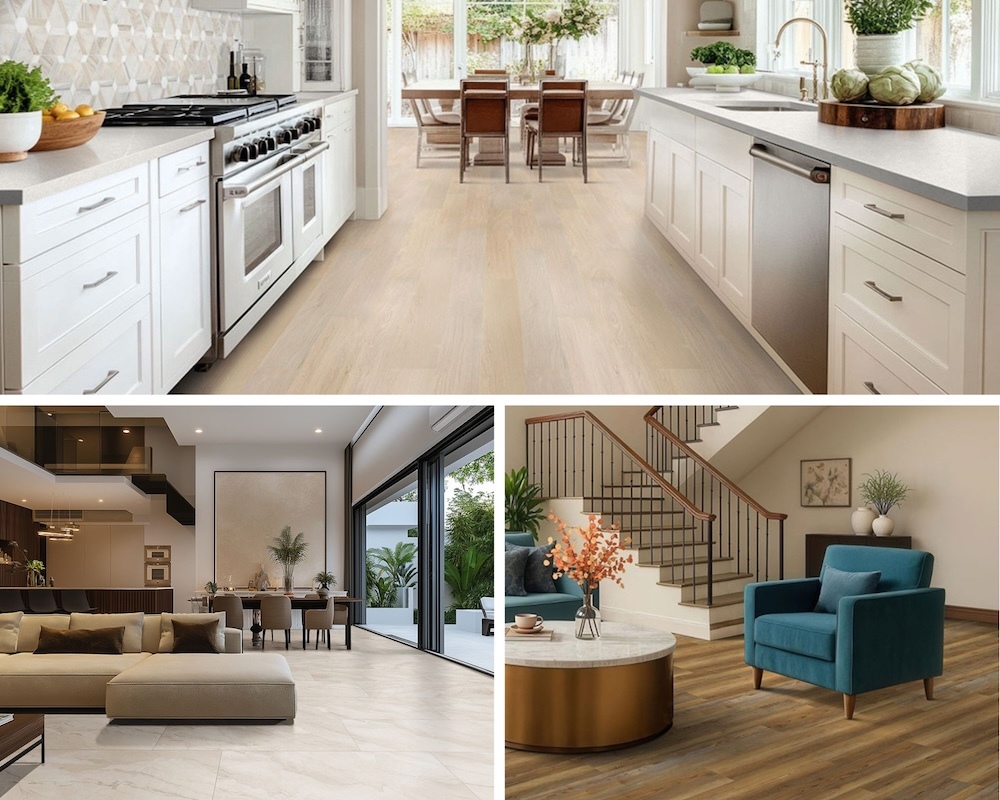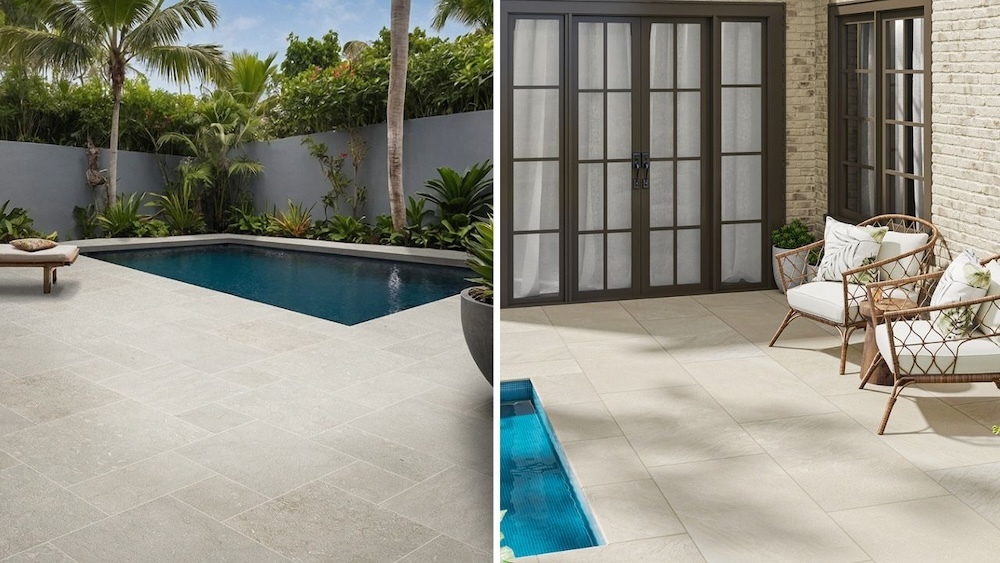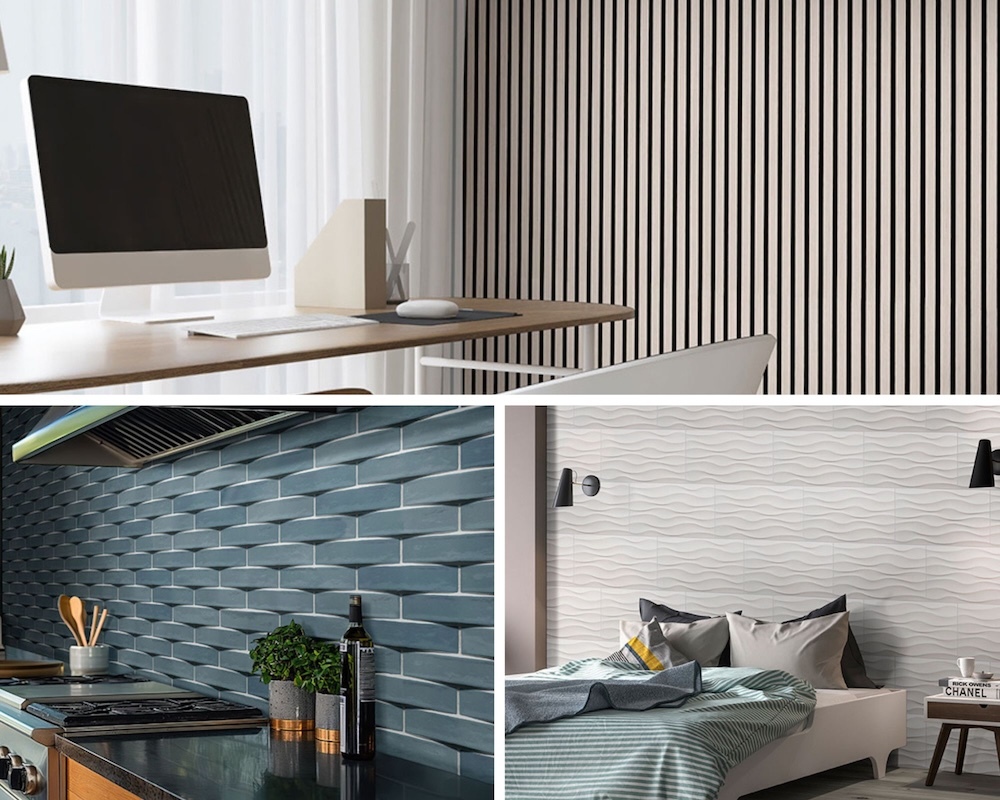Natural Beauty With Limestone Look Quartz Countertops
One of the biggest trends in countertop design today is natural quartz countertops, and it’s no wonder! Our ...
Read MoreTwo Great Tools To Design Your Kitchen: Countertop Edge Visualizer And Kitchen Visualizer
Imagination is a wonderful thing, but it can only take you so far!When you look at samples ofcountertops, tiles,f ...
Read MoreKitchen Countertop Trends: Q™ Quartz And Q+ Engineered Stone
Homeowners are embracing a significant evolution in kitchen ...
Read MoreDesign Your Space With MSI’S Newest Wall Tile And Backsplash Arrivals
As design tastes evolve, so does our collection of surfaces. ...
Read MoreToday’S Leading Quartzite Countertop Picks
Few surfaces embody elegance, strength, and timeless appeal ...
Read MoreExploring The Biophilia Trend: Designing With Nature-Inspired Materials
Biophilic design has become one of today’s most inspiring and impactful interior movements. With wellness a ...
Read MoreSpill-Proof Wonders: MSI's Everlife® Waterproof Flooring Collection
Busy households call for surfaces that can keep up. Everyday ...
Read MorePaver Perfection: A Guide To Choosing And Installing Durable Outdoor Surfaces
Creating beautiful, relaxing outdoor spaces starts with inst ...
Read MoreThe Tactile Renaissance: A Comprehensive Guide For Textured Wall Tile In Contemporary Interiors
The design world is undergoing a tactile renaissance—a ...
Read More